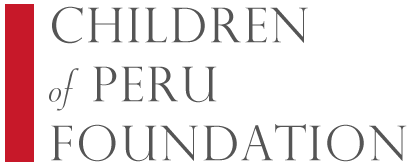Amantani works to defend the rights of indigenous children and young people in the Peruvian Andes. We enable children and young people from Quechua families to access high-quality education and fair employment, helping to stimulate social development for Peru’s rural communities. Our intercultural philosophy promotes social inclusion, whilst encouraging indigenous autonomy and cultural pride.
Since 2008, we have been working in Ccorca; a Quechua district nestled high in the Andes of Southern Peru, an hour from Cusco. Ccorca is a vibrant district with a historically strong sense of community, making it well-disposed to our collaborative approach. However, it is also host to many of the problems often associated with marginalised indigenous communities in Peru, including discrimination, alcoholism, and violence.
We firmly believe that education is the key to enabling local people to resolve these issues. Driven by a commitment to social justice, we work with children, their parents and their communities to create highly contextualised projects along our core themes of ‘Access to Education’ and ‘Access to Employment’:
Access to Education: Access to education in rural areas of Peru is notoriously problematic, and the region of Cusco is no exception. Teachers and students encounter numerous challenges to get to school, due to the region’s geography and lack of infrastructure. In addition to this, linguistic barriers mean that teachers from urban areas are often unable to teach pupils in their mother-tongue Quechua, and schools are ill-equipped to close the growing digital divide between urban and rural areas. In part caused by the convergence of these factors, less than half of primary school children in Cusco are able to understand what they read, reflecting the severity of the problem in the region. Together with them and their parents, we work to enable children and young people to cultivate the core academic capabilities, resilience and social skills they need to take advantage of the opportunities before them.
Access to Employment: According to the United Nations, ‘underemployment lies at the core of poverty’. Peru’s National Institute of Statistics has reported that 59% of people living in the region of Cusco are underemployed. The number of underemployed only rises amongst indigenous people. A study by the Universidad del Pacifico’s Research Centre in 2011 found that indigenous Peruvians earn 53% less than non-indigenous people. In addition to this, the Peruvian Ministry of Work and Employment states that 84% of young workers from disadvantaged backgrounds are working without a formal contract. Amantani seeks ‘inclusive and sustainable economic growth, employment and decent work for all’, in line with Sustainable Development Goal 8.

